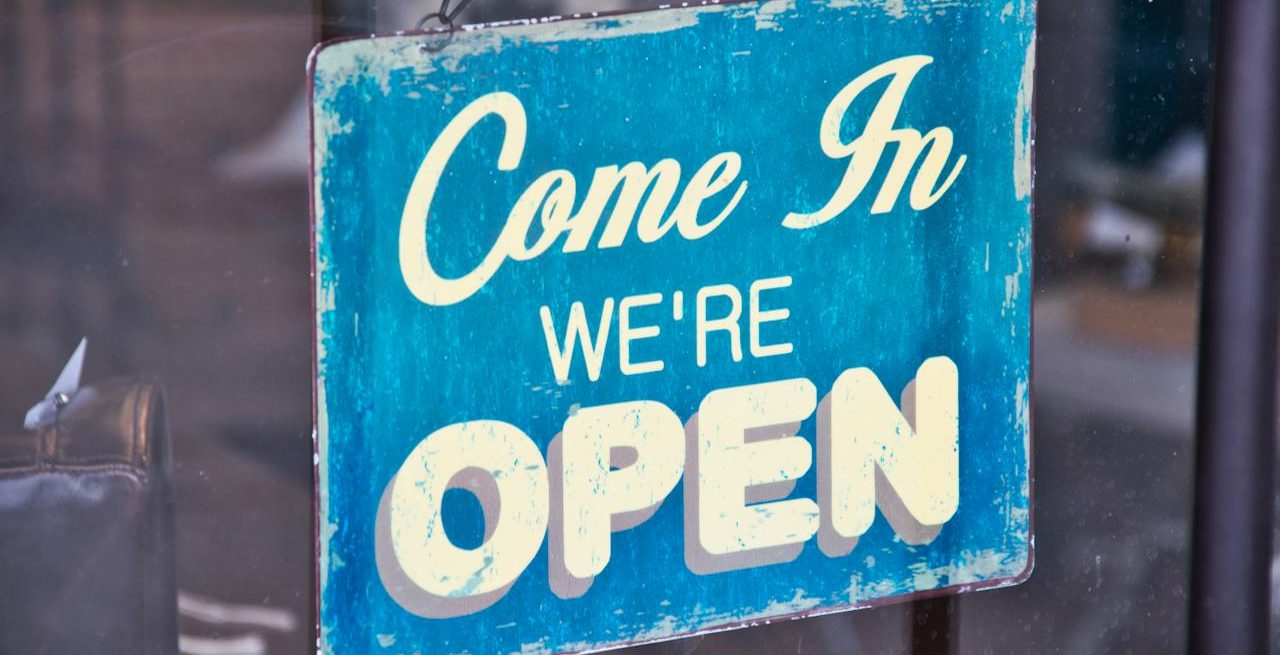How to Stay Open When the Power Is Out
3 Min Read By Clement Feng
When the lights go out, equipment stops running, chefs can’t cook and customers can’t dine. Quite simply, when restaurants lose electricity, revenues stop. And, with power outages lasting on average seven hours, this could create devastating losses for businesses in an industry already operating on thin margins.
Between the product waste from refrigerated food expiring in two to four hours and the inability to keep generating income from a kitchen shutdown, power outages have the potential of putting unprepared restaurants out of business. Whether the electricity is out because of extreme weather, rolling brown or black-outs or ongoing issues surrounding overburdened grids, there are ways restaurants can find relief and avoid being left in the dark.
The key is to be proactive and invest in backup power infrastructure. This can be achieved by installing a standby generator or a battery storage system. Here’s how each one works.
Permanent Standby Generators – These systems are also called “backup” generators and you may have seen them behind a building near the parking lot because they are always outdoors, are permanently installed on a concrete pad and need to be positioned safely away from windows, doors and fresh air intakes. The most convenient standby generators connect to the restaurant’s natural gas utility line, but other types can be fueled by liquid propane or diesel. An automatic transfer switch (ATS) connects the generator to the electrical panel which monitors the utility line immediately recognizing when power is lost. That triggers the standby generator to automatically start within seconds providing your establishment with backup power.
When the utility power comes back on, the standby generator switches off and is ready to generate power for the next power outage. The size of the generator needed for your restaurant will be based on how much of your operation you want to keep running. Those elements can include coolers, heaters, cooking equipment, TV, Internet, lights, etc. It should be noted for restaurants that use propane or diesel, the generator will run as long as there is fuel in the tank.
Battery Storage Systems – Battery storage systems are another backup power option. Batteries need a charging source to store energy so they’re ready to automatically kick in when the power goes down. That source can be solar panels, a standby generator or even the grid.
Battery storage is versatile and can be tapped even when the grid isn’t down. For example, solar and battery energy can become the primary power source for a business that would like to operate “off grid.” Batteries can also supplement an existing electrical system to reduce energy costs during times when the utility charges peak rates. The key is to find modular battery technology that can easily be scaled to increase capacity. Like a standby generator, battery storage systems come online automatically when there is an outage. In fact, the power interruption may be hard to detect since the switchover is almost instantaneous. Plus, batteries are silent so there is no additional noise that customers will notice.
If one of these systems is in place at the time of a power outage, they will activate immediately. And, when your restaurant can stay open when everyone else is closed, it will give you the unique opportunity to attract new customers and reinforce your trusted brand with returning customers. Keeping the power on means that not only will your restaurant be able to protect all of its food inventory, but you will be able to keep operating by cooking, serving, delivering and ringing the register.


